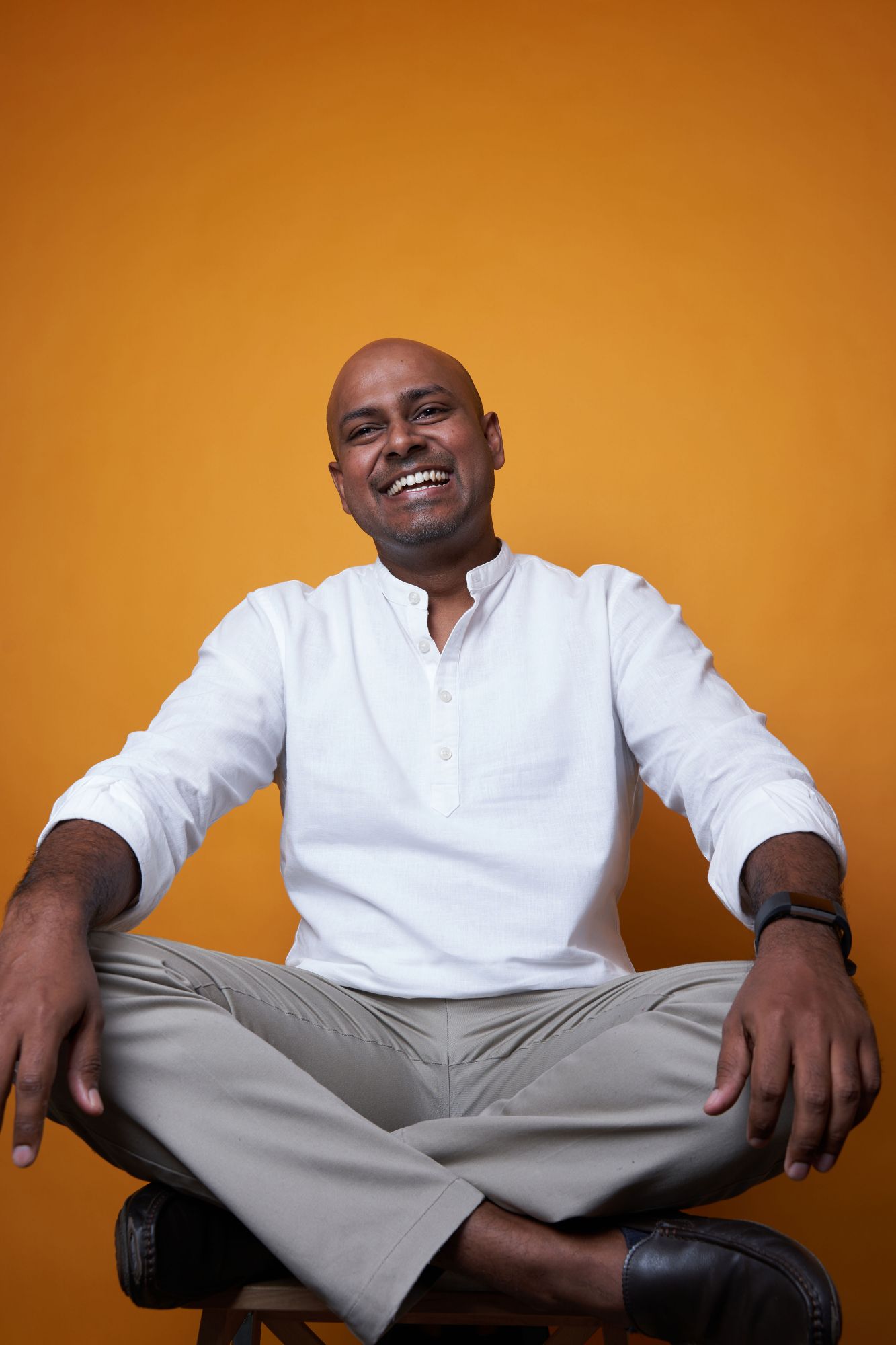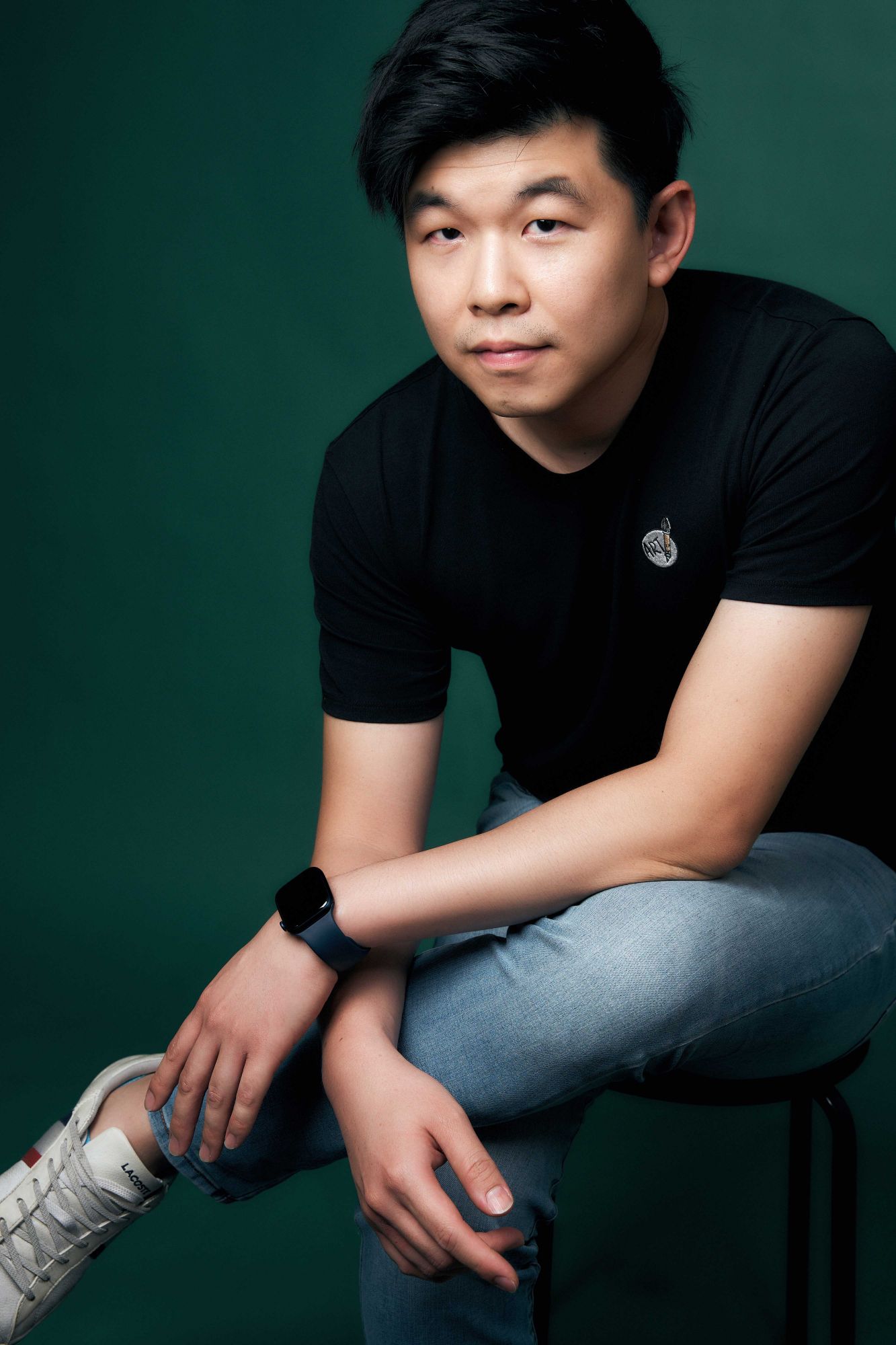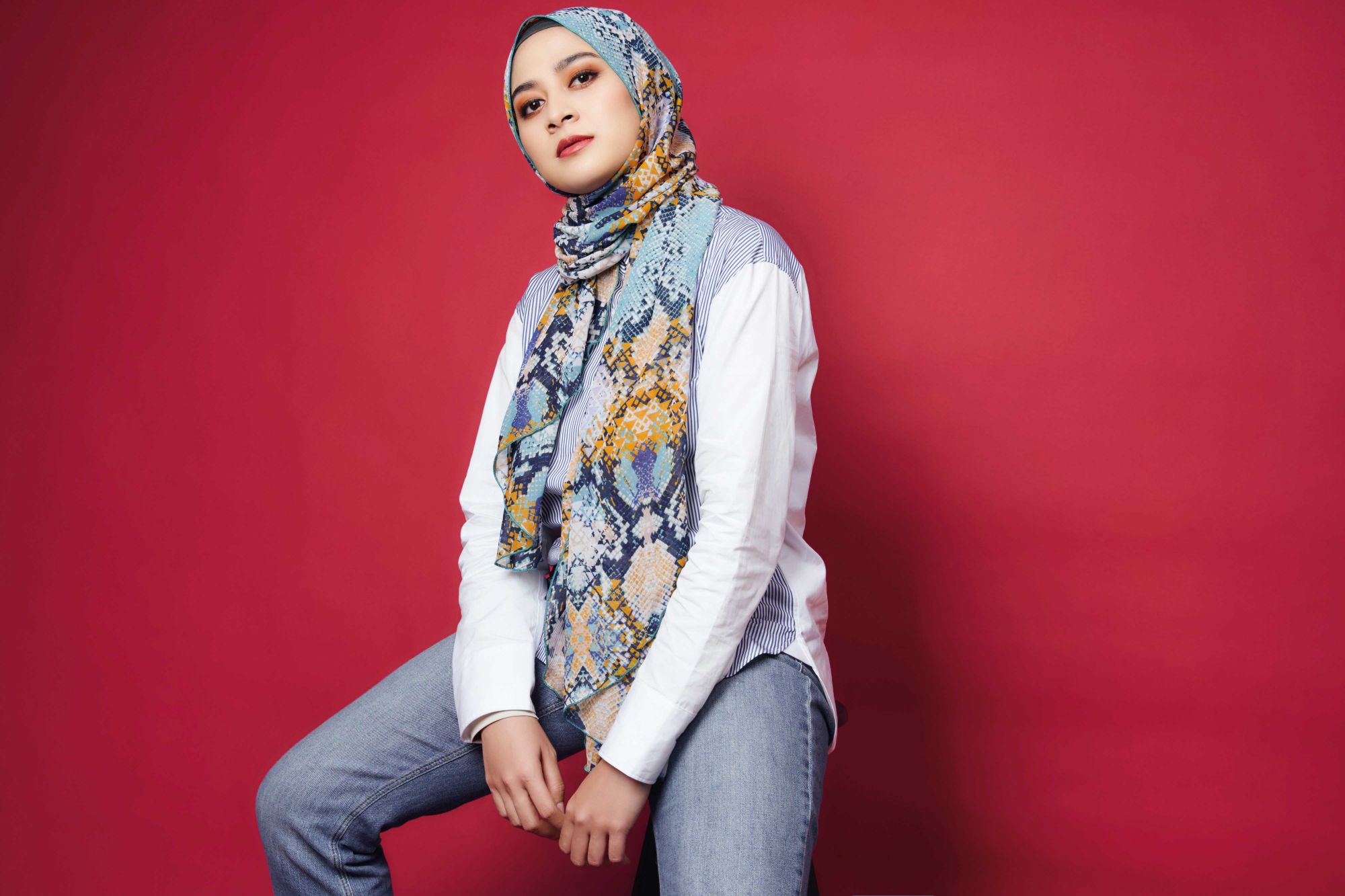Five Gen.T honourees from Malaysia leading social enterprises on how they overcome the challenges they face, and stay true to their why
There are an estimated 20,000 social enterprises in Malaysia, according to a report by Focus Malaysia.
A separate report, conducted by the British Council in 2018, found that the majority of social enterprise leaders are young, with 36 percent of founders aged between 31 and 40. While they are focused on diverse areas, such education or sustainability, they share common goals: creating employment opportunities while supporting vulnerable and marginalised communities.
Many Malaysian social enterprises are viable, with 37 percent of them turning a profit. But 31 percent report they are not profitable.
Given the challenges facing social enterprises in the country, we speak with five Gen.T honourees in the space to learn more about how they run their startups, overcome their challenges and make an impact in their communities.
Alina Amir

Co-founder and director, Arus Academy
Alina Amir and her co-founders are former teachers who saw how some students, especially those from marginalised communities, had difficulty getting ahead in school. Arus Academy, she says, was borne of her team’s motivation to ensure that every child has a quality education.
Though 2020 was one of its toughest years, Arus Academy emerged stronger despite the challenges the team faced while switching to remote learning. "We created content around digital literacy, financial literacy, media and information literacy and many more. In one year, more than 35,000 students and teachers are going through courses that we developed,” says Amir.
“We look at education as something that is beyond the curriculum. It is the ability of our students to use what they learn to create and do something that could make the world a better place."
See also: 5 Women Shaping The Malaysian Startup Space in 2021



